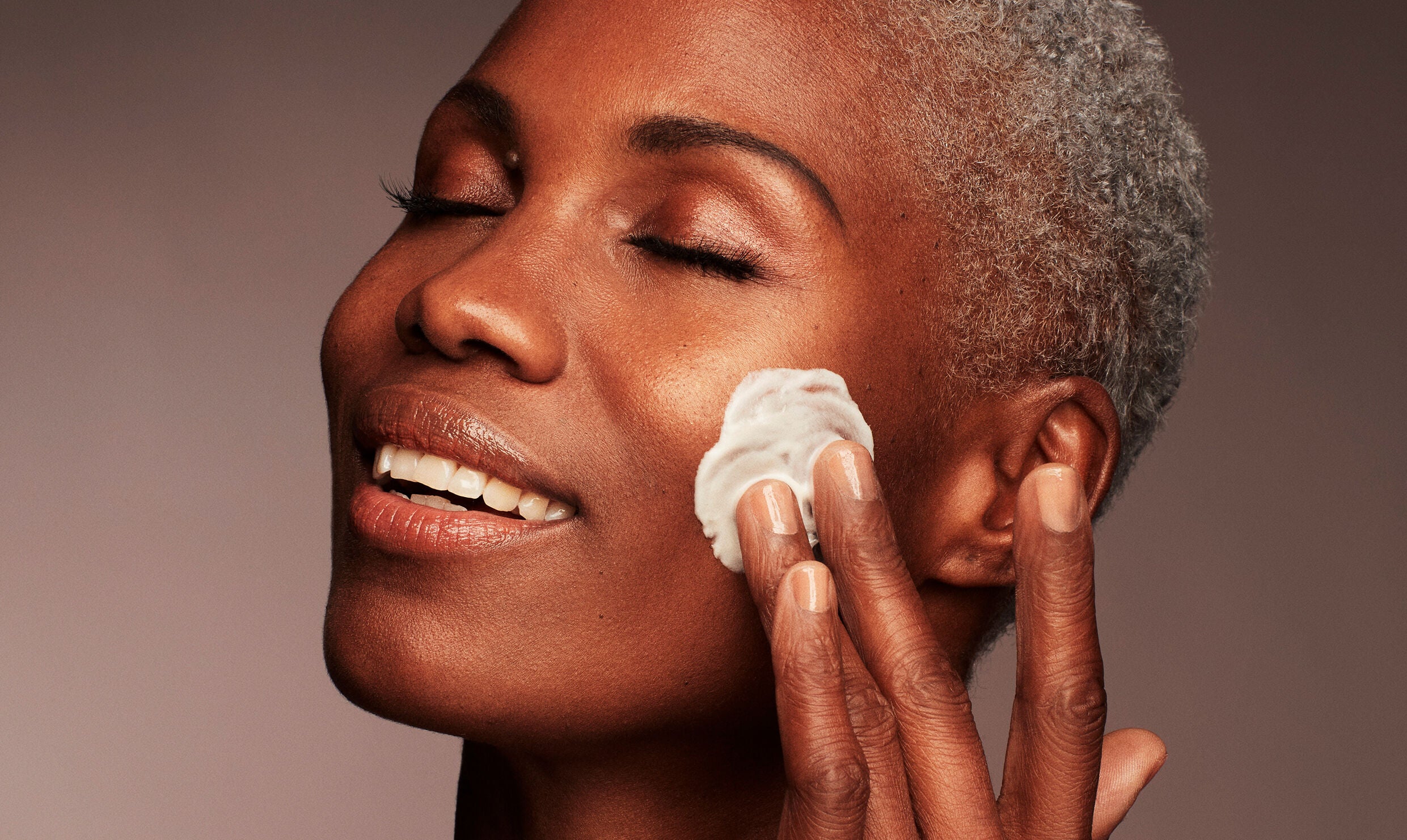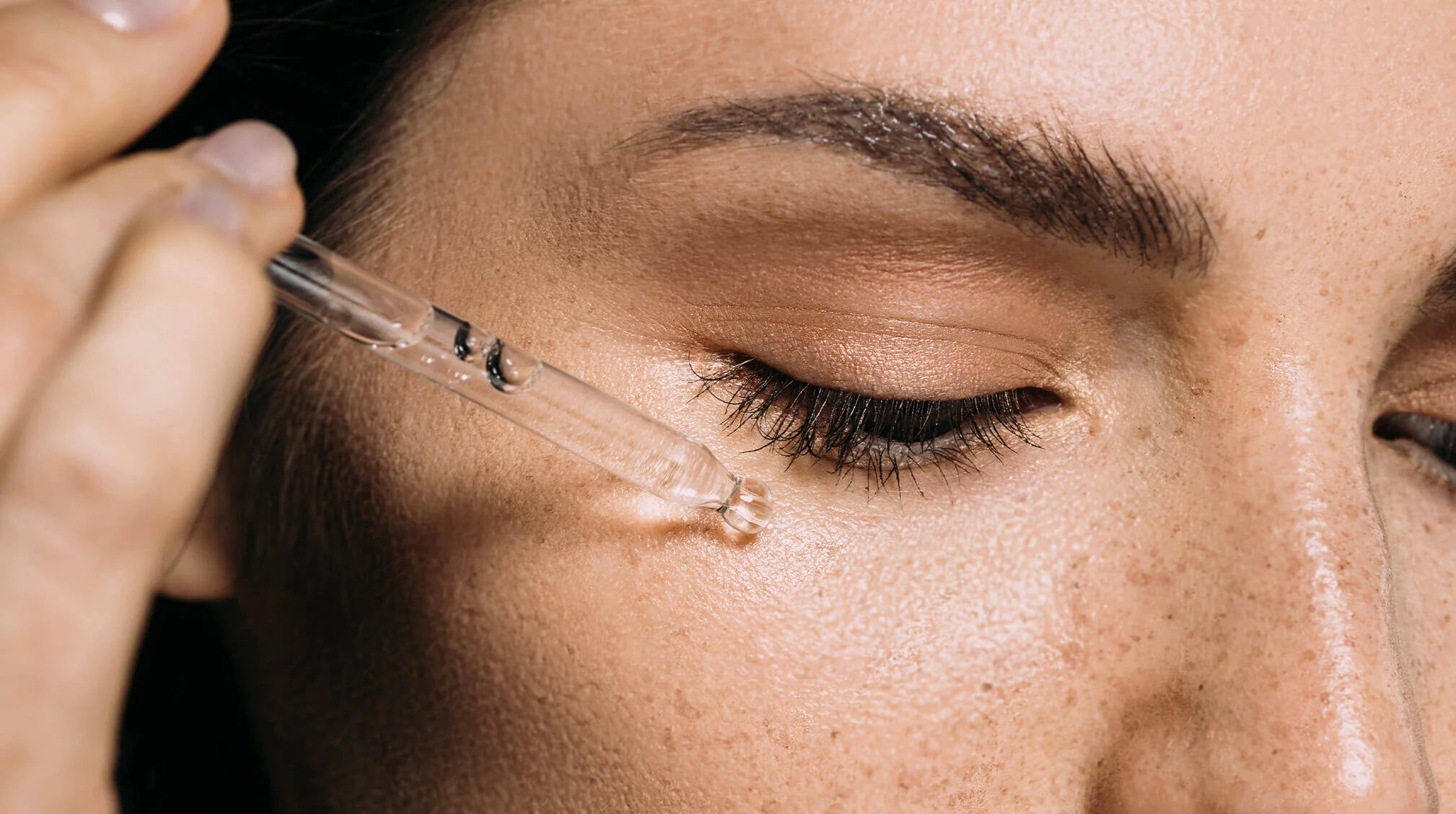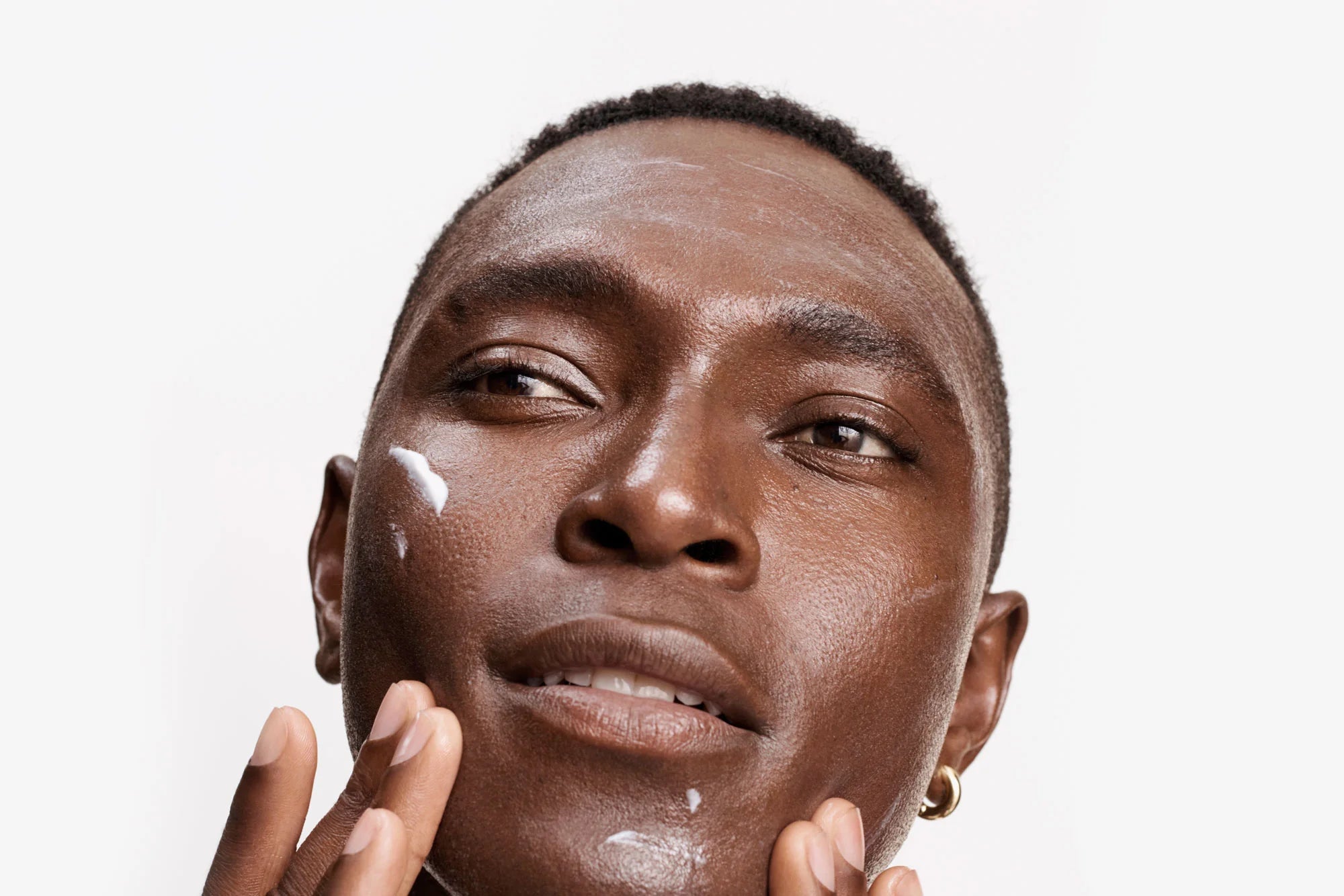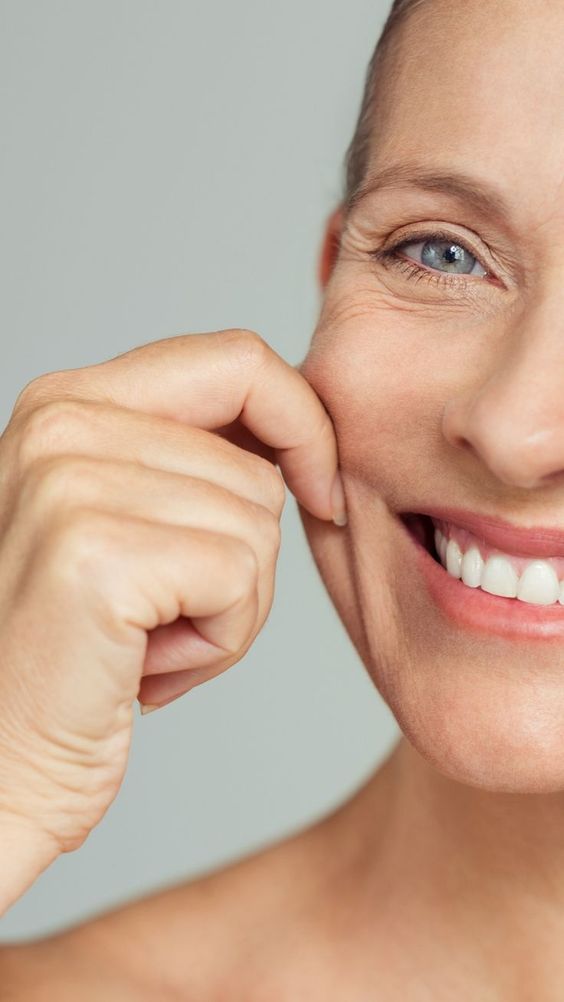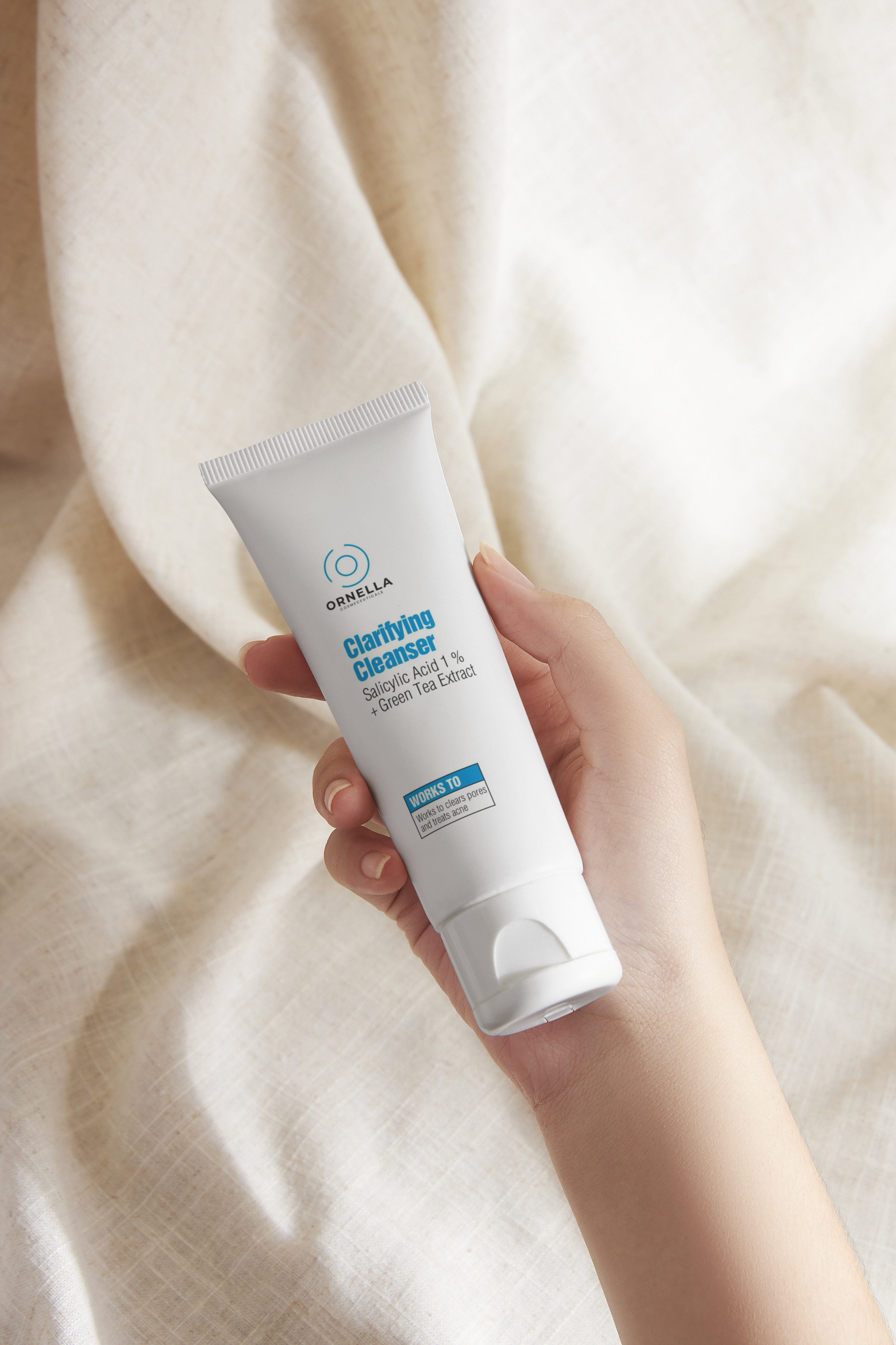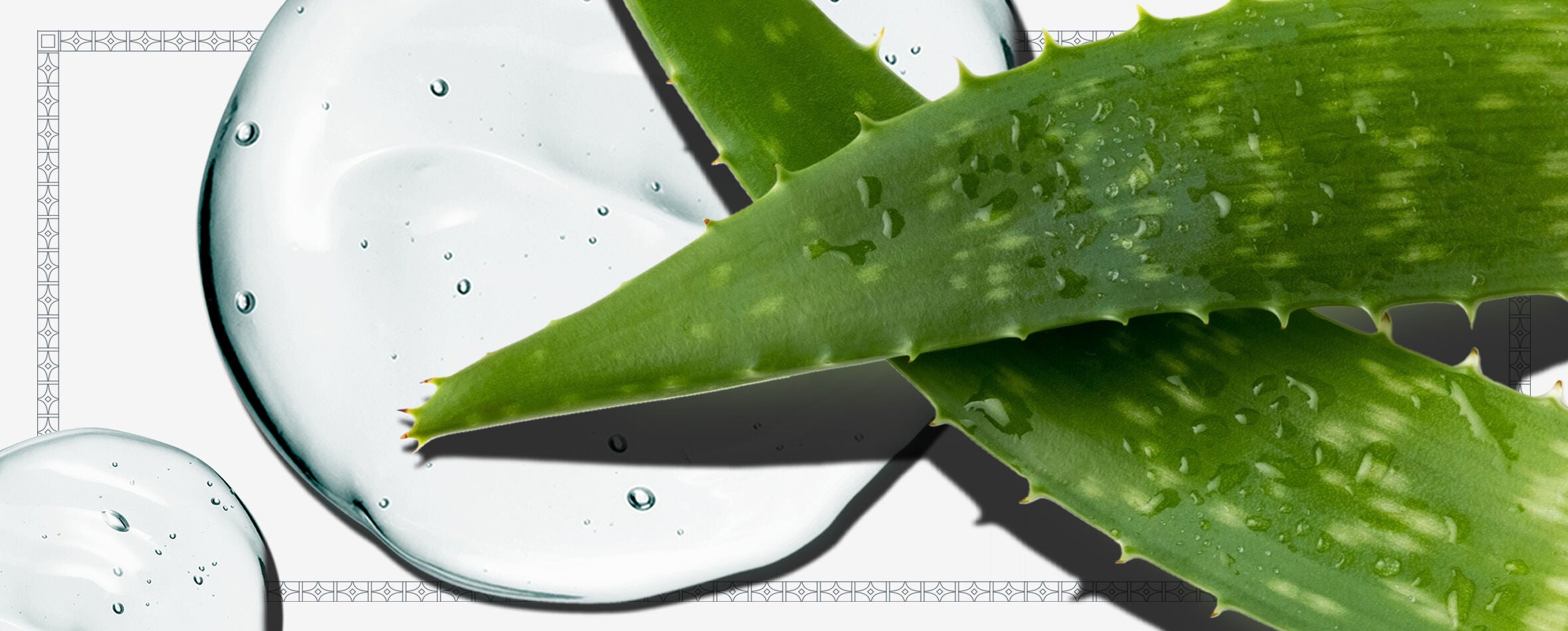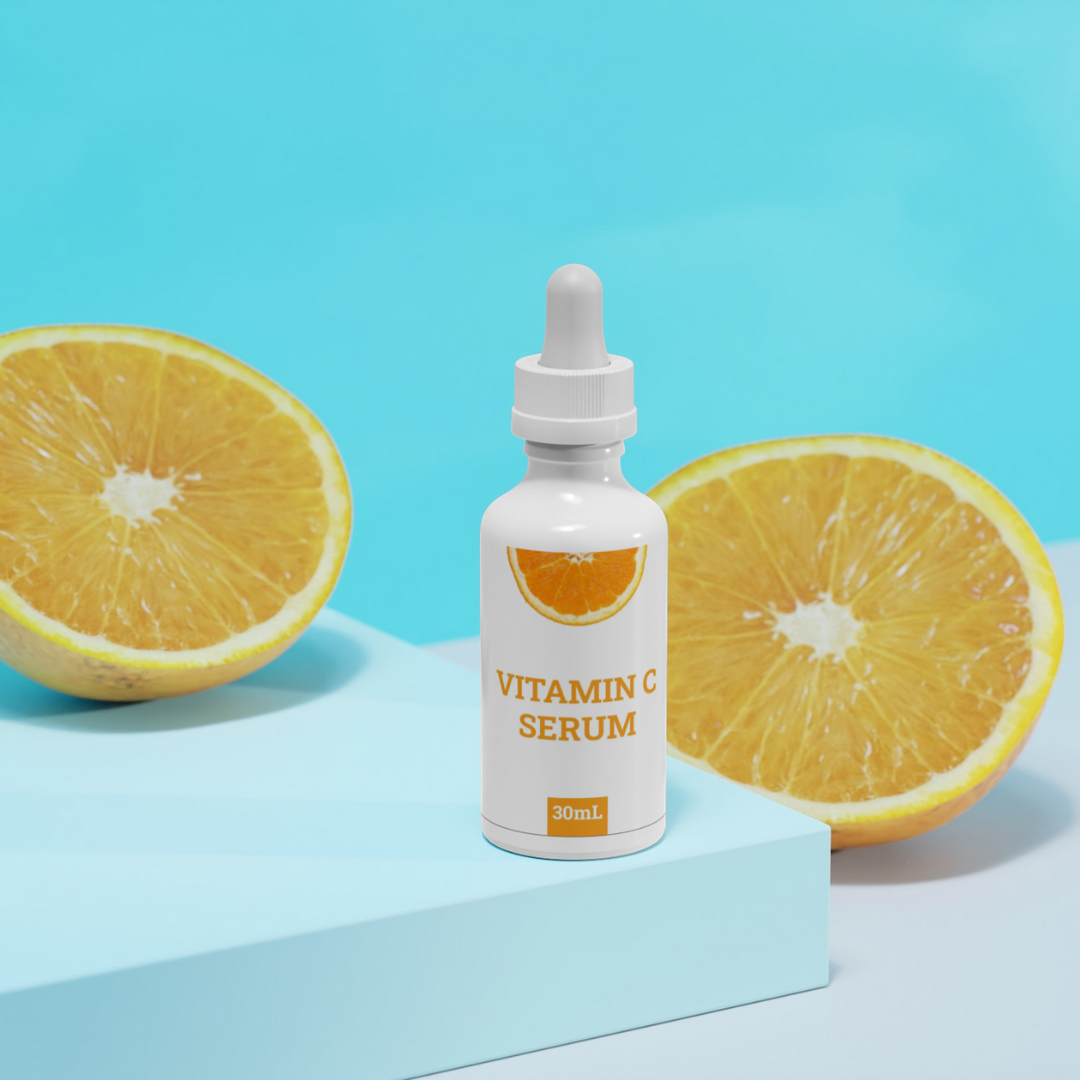
What’s the Deal With Fragrance in Skincare?
When it comes to creating a skincare routine, we want the experience to feel as relaxing (read: spa-like) as possible. Oftentimes, the main reason why many of your favorite products are infused with dreamy scents like coconut or rose is because, let’s be honest, it’s hard to resist diving into a product that reminds you of an island getaway. Two of the most common methods of infusing scent into skincare is through artificial fragrance and essential oils. But what does that mean for your skin? Keep scrolling as we dive into the different types of fragrances and how they impact your skincare. But what does that mean for your skin? Keep scrolling as we dive into the different types of fragrances and how they impact your skincare.
What Is Fragrance
The term fragrance is defined as “any natural or synthetic substance or substances used solely to impart an odor to a cosmetic product." That’s pretty broad, and leaves a lot open for interpretation. To make things even more complicated, No law actually classifies fragrance as a “trade secret” (since the product’s maker created a unique mixture using many different natural and artificial ingredients) and doesn’t require the brand to disclose what the fragrance is actually made of. Sometimes the fragrance is only added to cover up what would otherwise be a naturally foul-smelling product—since the scent goes unnoticed to our noses, the product can legally be listed as unscented.
Artificial Fragrance
When you see the term “fragrance” or “parfum” on an ingredient list, there’s no way of knowing how many skin care ingredients make up that one term--it could be one, it could be 1,000--or what those ingredients are. There could be toxins, allergens, or irritants among the ingredients or it could simply be synthetic, lab-created scents. Why would brands want to use artificial fragrance in their products? Because, in general, it lasts longer and is cheaper than natural alternatives.
Let’s be clear: Just because an ingredient is synthetically made doesn’t automatically mean it’s “bad” for your skin. But because consumers never really know for sure what is in a product with fragrance listed as an ingredient, it may cause skin to have a negative reaction (like itchiness, irritation, or redness) whose cause you’re unable to pinpoint.
Essential Oils
Essential oils, on the other hand, are considered natural fragrances because they are 100 % derived from plants. While the term seems to be cropping up fairly recently, essential oils have been used for centuries, dating back to ancient Egyptians. Besides effusing a pleasant scent, essential oils have become popular within aromatherapy as a natural method of healing or benefiting the body and mind. Most of us are familiar with lavender as a relaxing agent designed to induce sleep and help treat insomnia.
When it comes to skin care products essential oils are often brought on for their anti microbial properties. A well-known example in the beauty world is tea tree oil, whose anti-fungal abilities make it a great natural option for treating acne. Olive oil—which yes, is classified as an essential oil—has major moisturizing benefits. Keep in mind that most essential oils are too potent to be applied directly on the skin and need to be diluted first. That’s why they are most effective when blended with other skin-nourishing ingredients.

